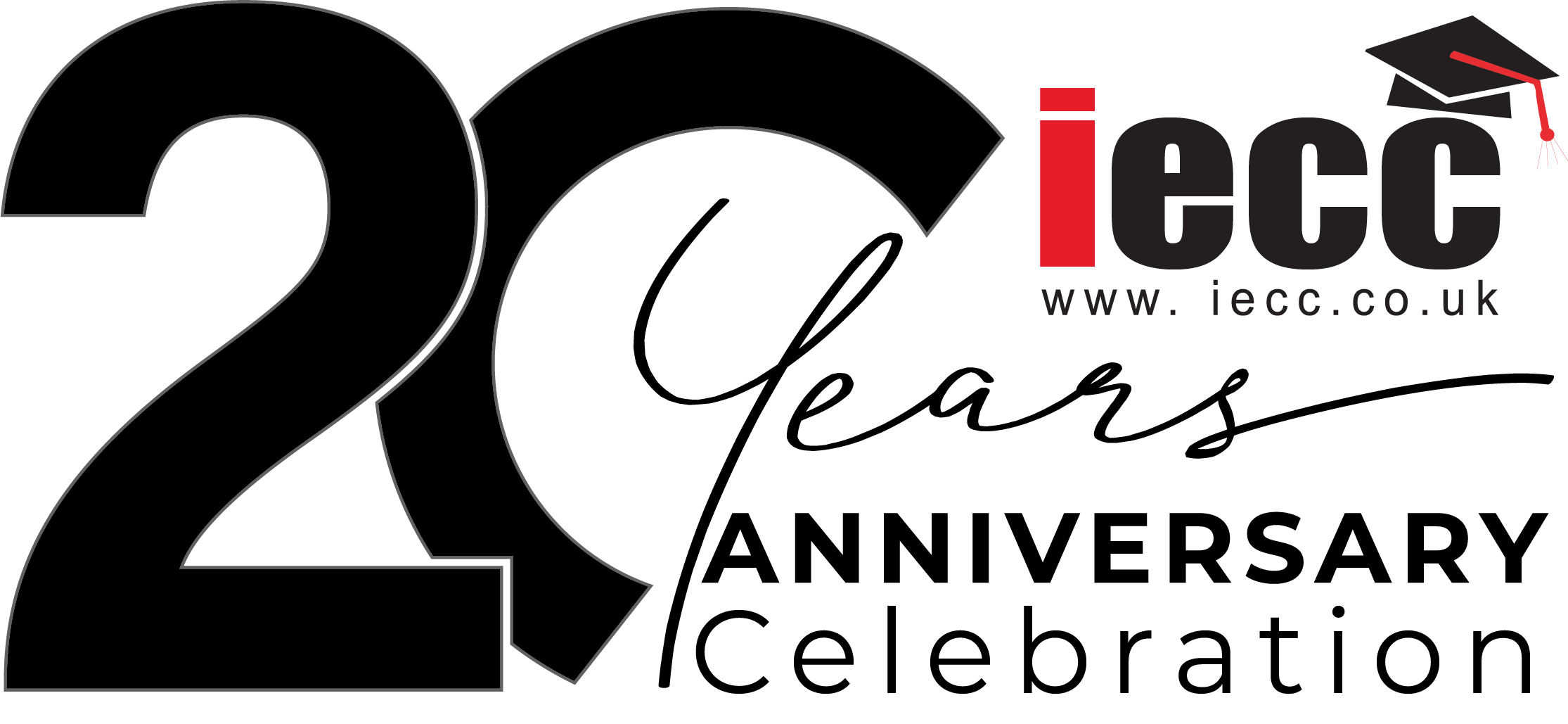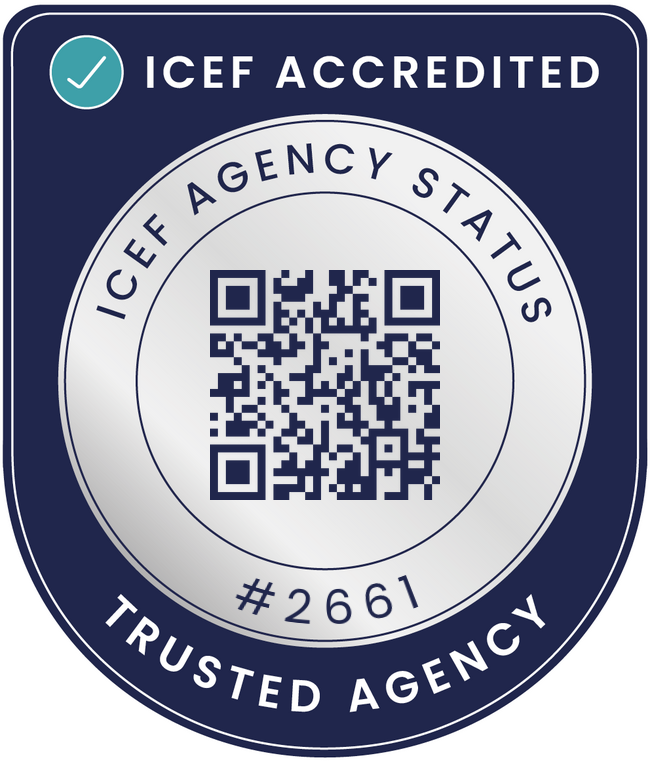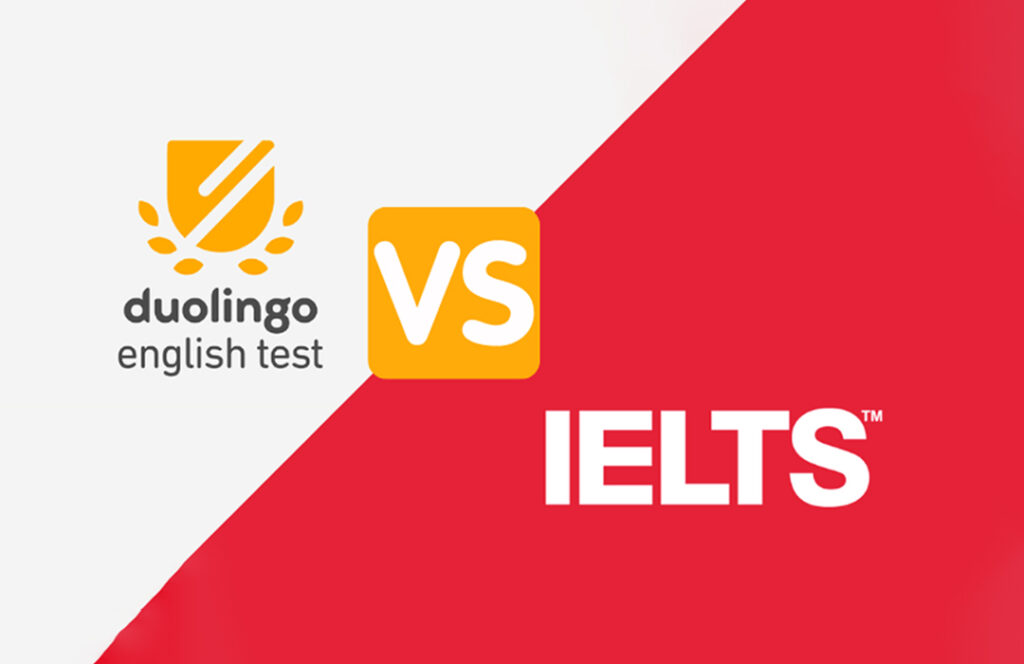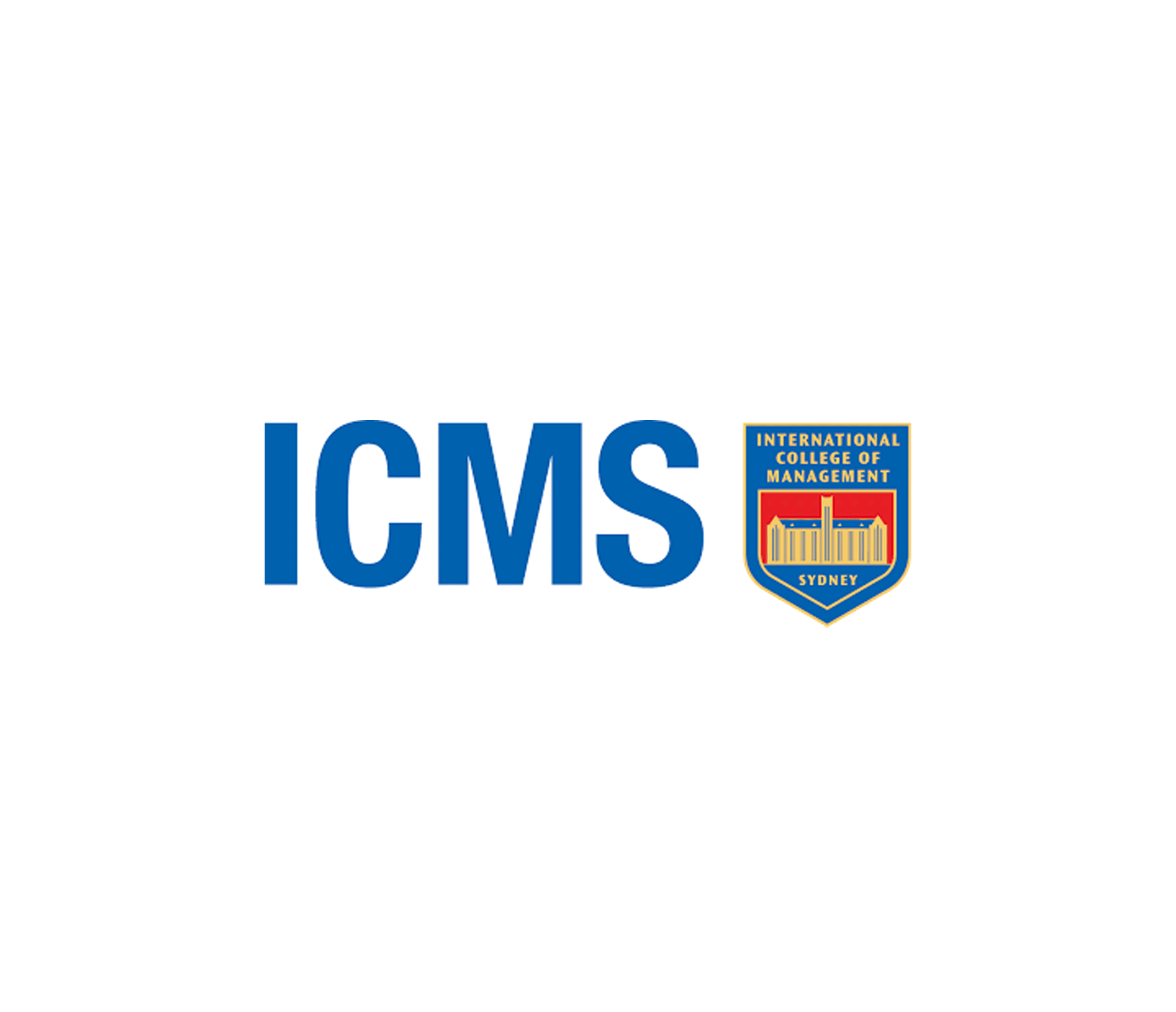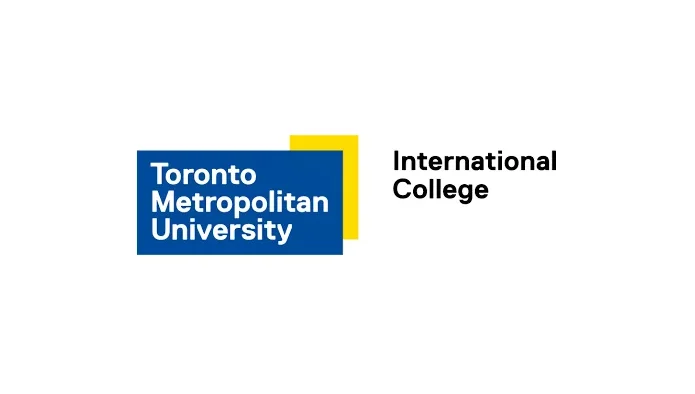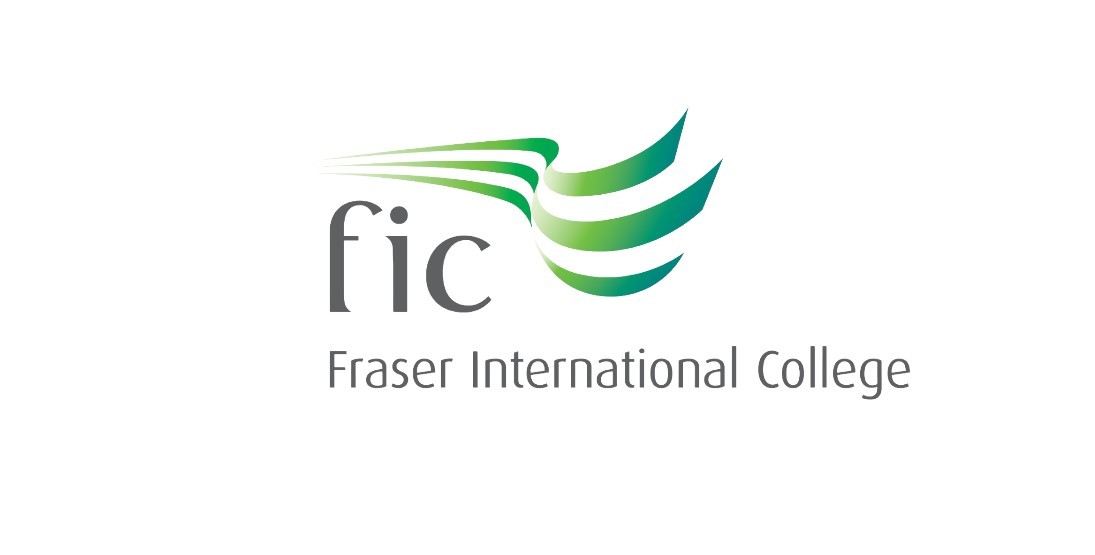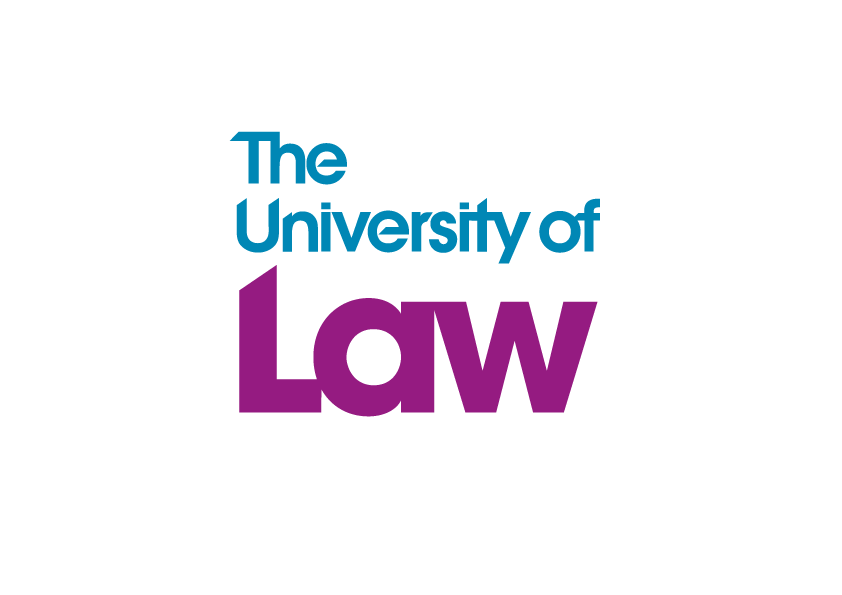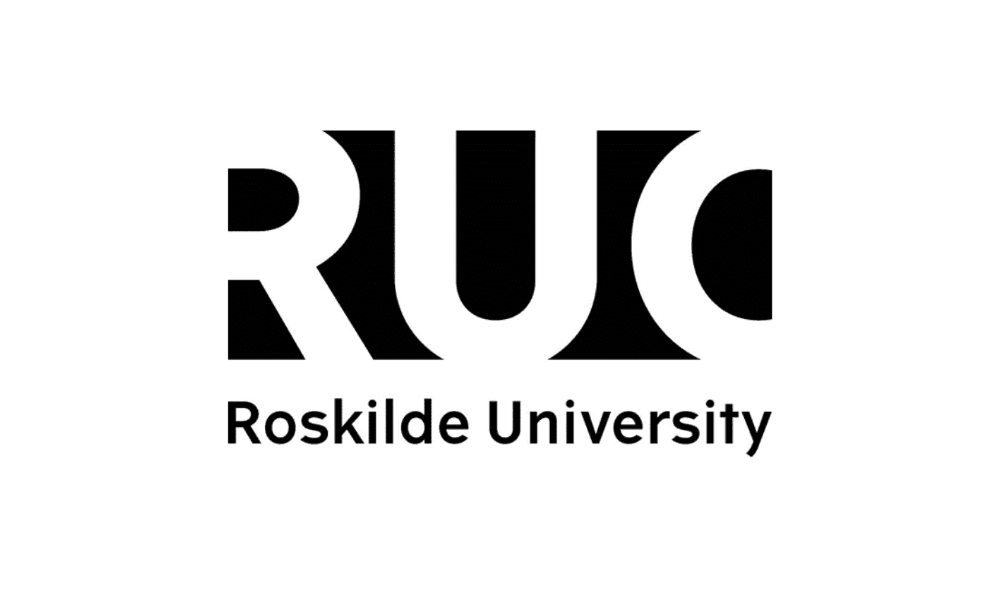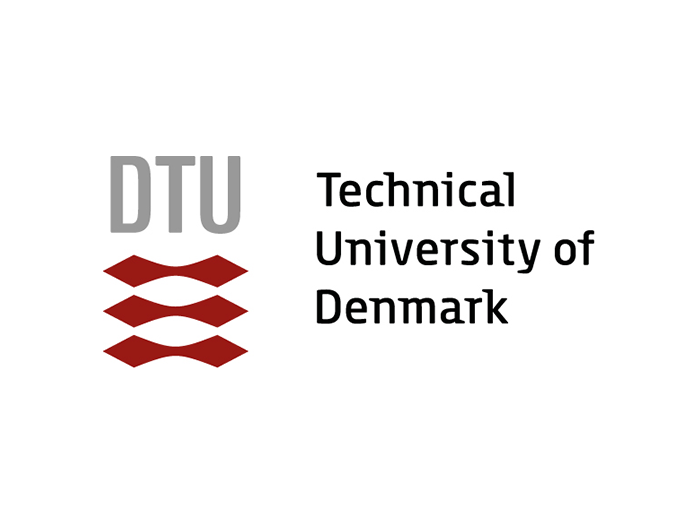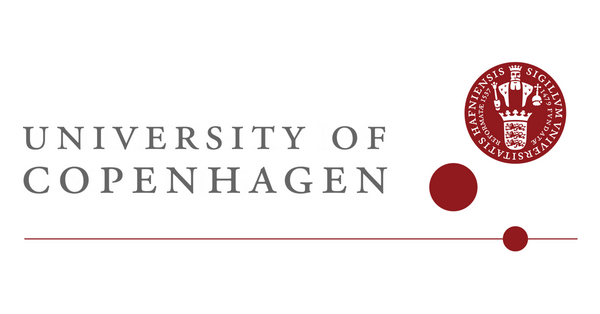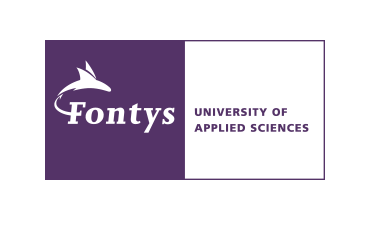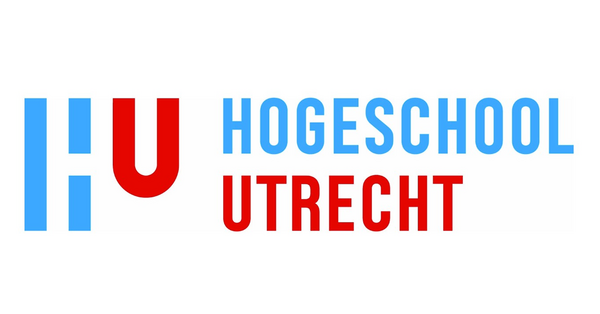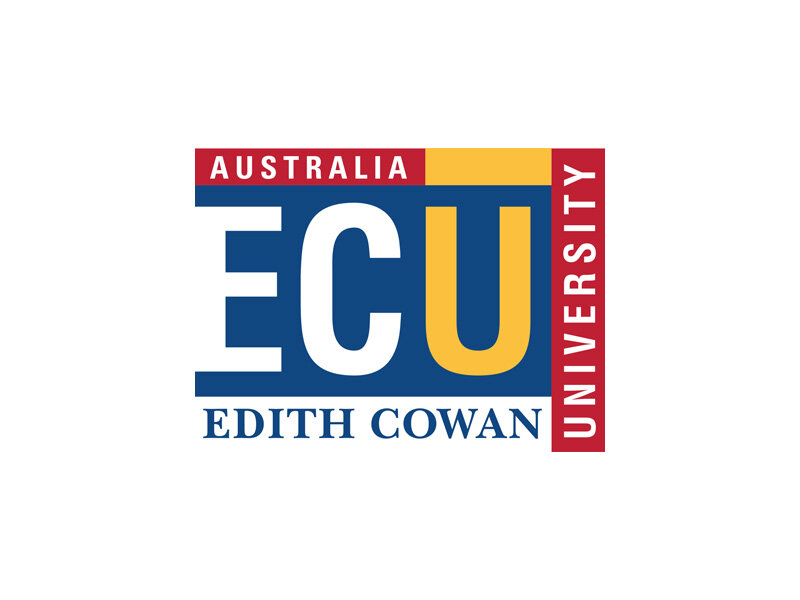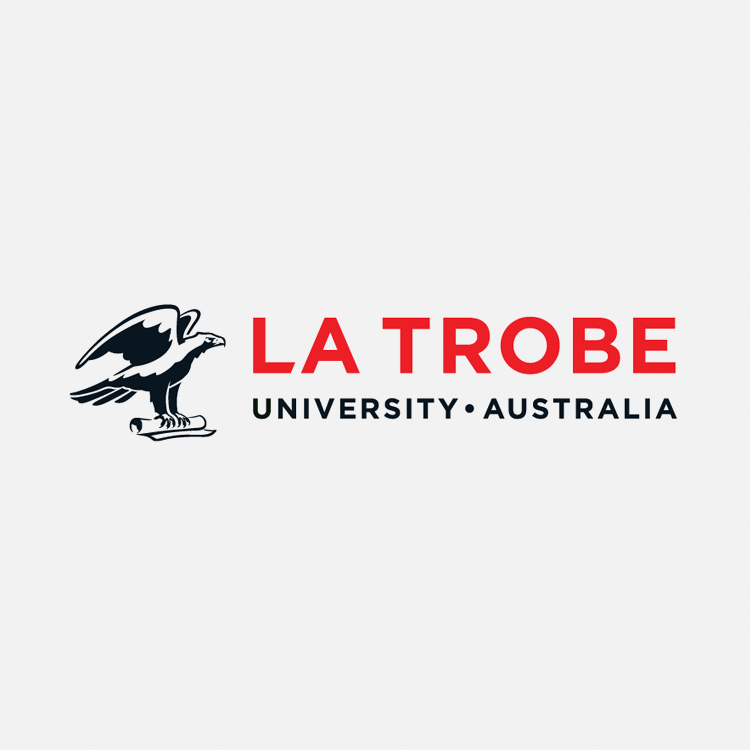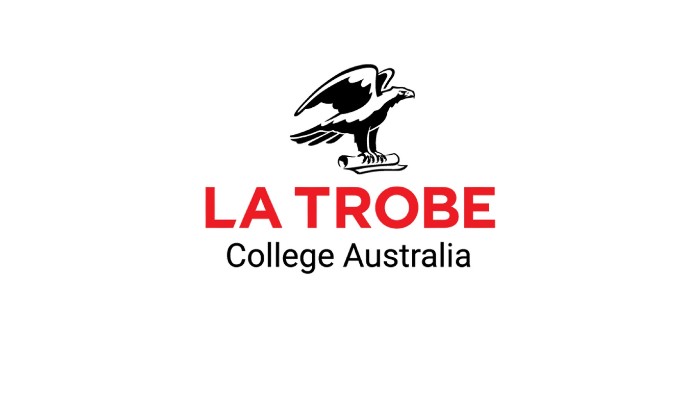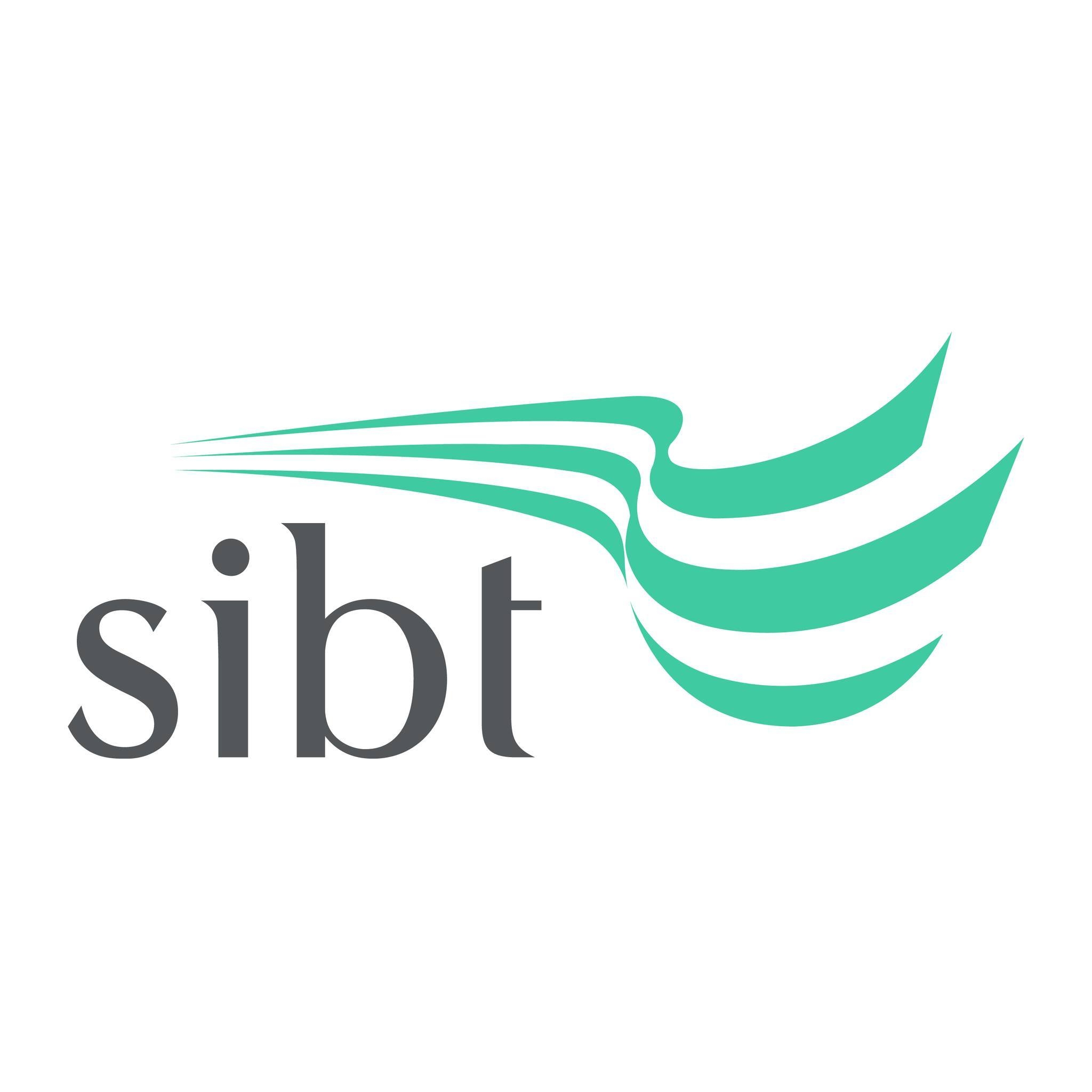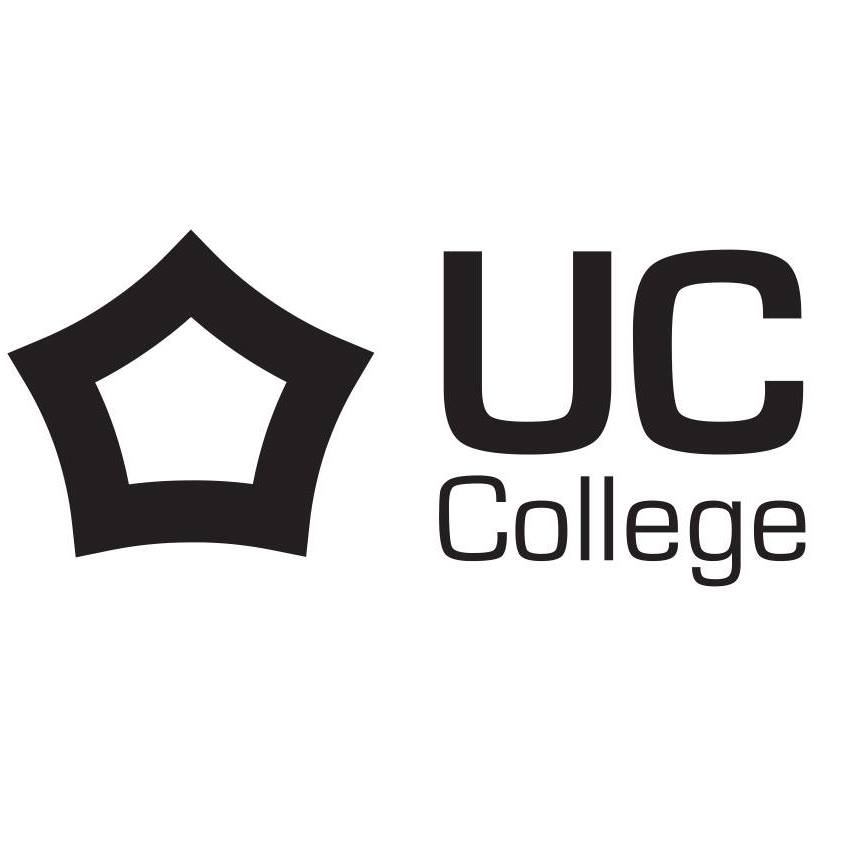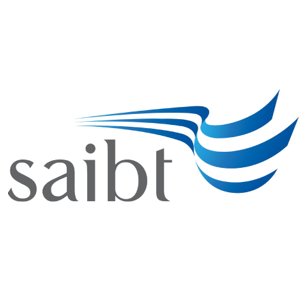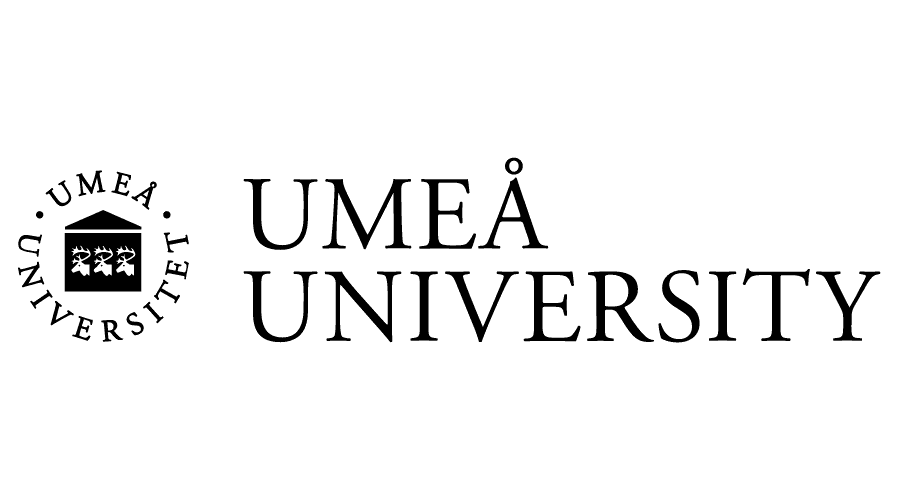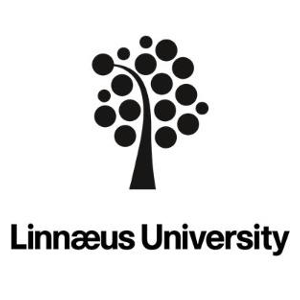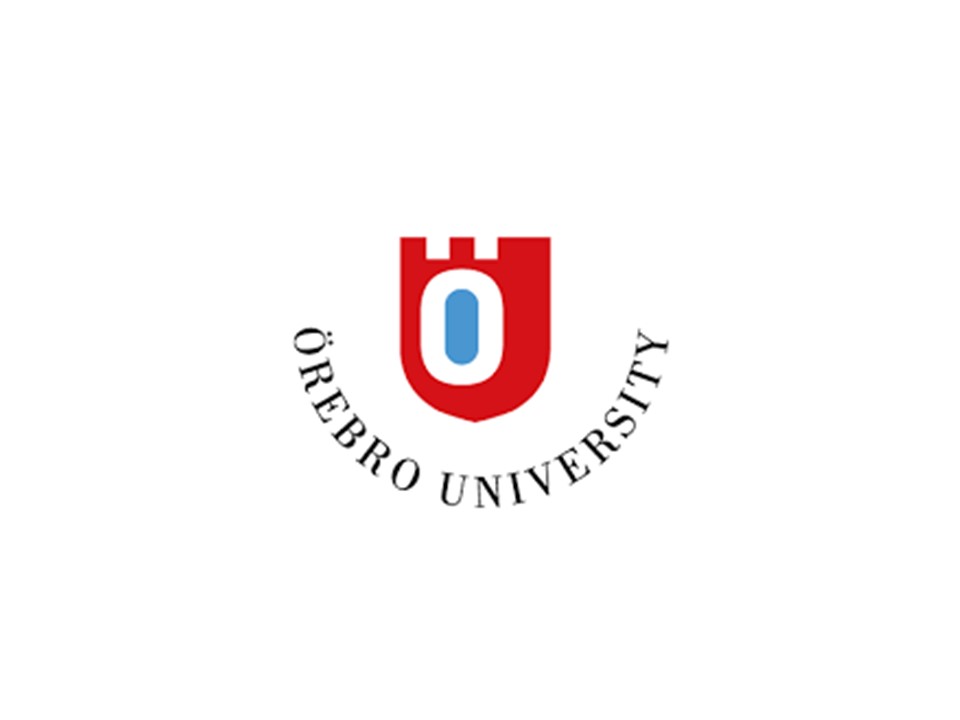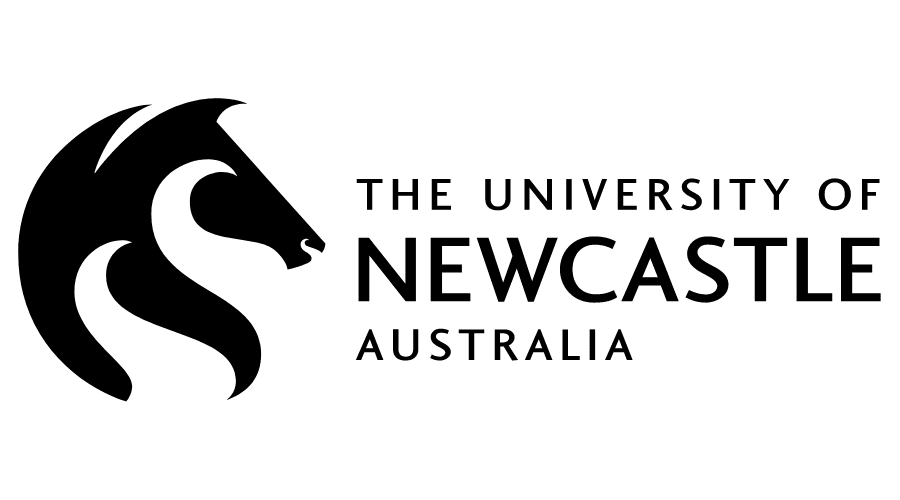Studying abroad is an incredible experience that offers a variety of benefits. It can boost your career and personal life, and it also allows you to make new friends. However, you need to prepare yourself for the challenges of studying abroad.
One important factor to consider is the test format. The IELTS exam requires candidates to listen to spoken words alongside incorrect ones, choose the correct words, and complete writing tasks.
Cost
Whether you are applying to universities abroad or simply looking to improve your English skills, choosing the right exam is a crucial decision. IELTS has been around for years and is widely accepted, but Duolingo offers a quick, affordable test that can help you achieve your goals. Which one you choose depends on your needs and the requirements of your target institutions.
The IELTS is a globally accepted language testing tool that measures four basic language skills: reading, writing, listening and speaking. It is offered in two versions: Academic and General Training. The Academic version is for tertiary students and professional registration, while the General Training is more focused on everyday communication. Both tests are accepted by the majority of universities, but it is important to check their specific requirements before taking them.
The Duolingo English Test (DET) is an online, adaptive, and free test that is quickly becoming popular with international students. It is easy to use and can be taken from anywhere with a computer and an internet connection. Its scores are comparable to IELTS band scores and can be used for university applications.
Both IELTS and Duolingo are designed to measure your proficiency in English by assessing your ability to read, write, speak and listen. The test takes about 40 minutes to complete, and you can take it multiple times. In addition to the test itself, there are many resources available to prepare for it, including practice exercises and a downloadable guide.
Unlike IELTS, which uses a fixed set of questions and tasks, the Duolingo English Test is adaptive. Each question will increase or decrease in difficulty based on your response to previous questions. This allows you to learn the language faster and makes the test more efficient. It’s also easier to pass because you can correct your mistakes.
In addition to a written section, the DET includes a video interview and an ungraded portion in which candidates record short responses to prompts. The Adaptive section is a series of multiple-choice questions that adjust in difficulty based on your answers. The video interview asks you to answer questions on a subject of your choice and speak for 1-3 minutes.
Time
IELTS is a globally recognised English language test that provides students with an accurate measure of their English fluency. The test has been used by thousands of students worldwide to achieve their academic and professional goals. From securing admission to universities to fulfilling immigration requirements, IELTS scores are accepted in many countries and locales. In addition, IELTS scores are transparent and easy to understand for institutions that accept them, easing the application or admissions process for both students and institutions alike.
The IELTS exam takes 2 hours and 45 minutes to complete and assesses a student’s listening, reading, writing, and speaking abilities. The resulting score is reported as an overall band score and is based on the average of the individual sections. The IELTS test can be taken at over 3,000 locations and is valid for two years from the date of issue.
Duolingo offers an online-only English test for international students, called the Duolingo English Test (DET). It is fast and convenient, and can be taken anytime, anywhere, with an internet connection. However, it is important to note that not all universities accept DET scores. It is therefore essential to check the university’s acceptance policy before taking the test.
Both IELTS and Duolingo have different parameters to assess a student’s English fluency. IELTS assesses a student’s listening, speaking, reading, and writing skills while Duolingo rates a student’s fluency through literacy, comprehension, and conversation. It is also essential to look at the basic eligibility criteria for both exams before deciding which one to take.
The IELTS assessment has four sections, which are rated on the basis of their level of proficiency. Each section is graded on a scale of nine, and the overall score is determined by averaging the scores from all four sections. IELTS is an internationally recognised and reputable test, and students who achieve high scores are able to communicate effectively in a variety of situations. However, it is important to note that the IELTS assessment requires a higher level of proficiency than Duolingo. This is because IELTS assesses a student’s ability to speak about unfamiliar topics and understand abstract ideas.
Acceptance
While IELTS has a long-established reputation and is accepted by universities around the world, Duolingo English Test is newer and gaining acceptance gradually. It is important to check the specific requirements of the institutions you plan to attend before deciding which exam to take. In this blog post, we will discuss the differences between the two tests, including their cost, format, and how they are scored.
The Duolingo English Test uses adaptive technology to adjust the difficulty of questions based on the test-taker’s performance. This allows it to provide a more accurate assessment of the test-taker’s language proficiency level. In addition, it gives institutions a more comprehensive picture of the test-taker’s abilities beyond just a number.
For example, the Integrated Skills Score on the Duolingo test includes subscores for reading and listening. These scores are then combined to give a total score. The average of these scores is also used to compare the test-taker’s level with other students. The resulting score provides a more accurate estimate of the test-taker’s level than the IELTS English score alone.
In addition to the Integrated Skills Score, the Duolingo English Test offers a range of other tools to help applicants understand their language proficiency. For example, the test can measure a student’s vocabulary by comparing their answers to common words in the English language. It can also analyze the student’s writing style to detect errors and suggest improvements.
Another advantage of the Duolingo English Test is its affordability. Unlike IELTS, which has a hefty price tag, the Duolingo test is free to take online. The test is designed to be accessible to a wide range of learners, making it an excellent choice for international students.
Both the IELTS and the Duolingo English Test are accepted by many universities and professional organizations around the world. It is important to remember that the two exams are very different, and it is important to choose the one that best suits your needs. While IELTS has a longer history of use and is recognized by more institutions, the Duolingo English Test is becoming increasingly popular and may be more convenient for some international students.
Scoring
IELTS and Duolingo score differently, with IELTS offering a more comprehensive assessment of language skills. IELTS scores are broken down into bands, ranging from 0 to 9, and are based on a combination of your performance in each section: listening, reading, writing, and speaking. Moreover, each band is correlated with specific descriptors, giving you a more detailed breakdown of your English abilities. Duolingo, on the other hand, offers a proficiency score that ranges from 10 to 160 and is based on a combination of your performance on each skill. Moreover, while conversion charts exist to estimate equivalence, the two tests assess different skills and can be difficult to compare directly.
Despite the differences in their scoring systems, IELTS and Duolingo are both valid and useful tools for students who want to study abroad. In fact, many students have used their IELTS scores to meet academic requirements and achieve their educational goals. This is because IELTS scores are transparent and universally accepted, making it easier for students to find the right institution to attend.
Another advantage of IELTS is that it is accepted by universities and colleges in over 140 countries. In addition, it provides a wide range of support services to help students succeed in their studies. These support services include free practice tests, a downloadable test preparation guide, and an overview of the testing process. Moreover, IELTS charges less than $200 for its exams and can send your score report to multiple institutions at no extra cost.
Both IELTS and Duolingo have a variety of preparation processes that students should complete before taking the exam. Duolingo is a free online application that allows users to train their English language skills, while IELTS is a more formal test with several registration steps and an interview. During the IELTS interview, candidates are required to provide a government ID or passport and answer questions about their family and interests.
The IELTS test has a total of four papers (listening, reading, writing, and speaking) and is divided into two modules (Academic and General Training). IELTS costs more than the Duolingo test, but it has a wider acceptance across the globe.
